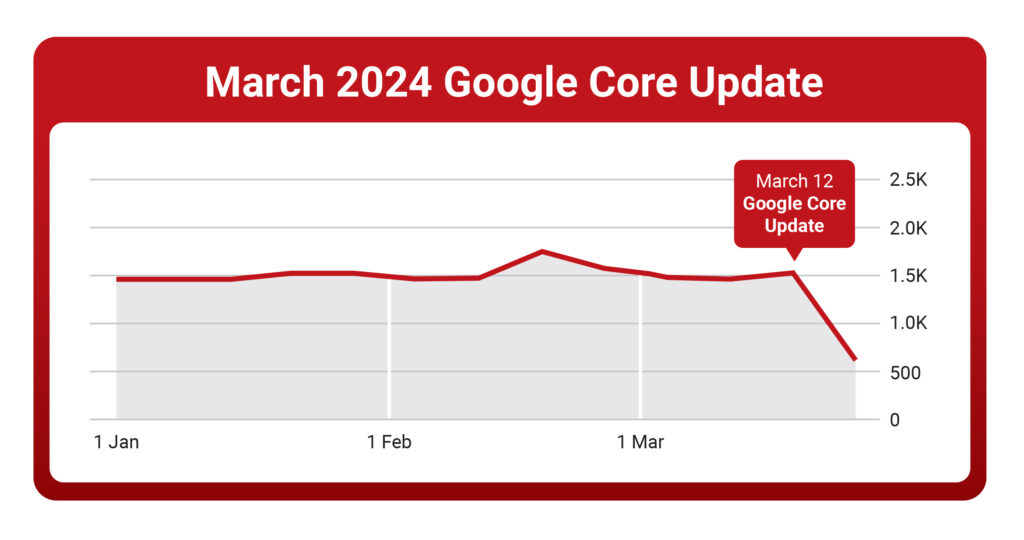But what if, while doing that, there’s something else you could be doing? Something that you may have thought is not the time for? As the saying goes, “When times are good you should advertise, when times are bad you MUST advertise.” Yes, in a crisis, good marketing becomes more important than ever. Instead of pulling advertising and halting new projects, consider pivoting your communications to properly serve the needs of your customers and partners. In the moment, you may be focused on reacting. However, there are long-term planning steps you can take now. Relying on your expert communicators is key as you work together to ensure strong, clear, appropriate messaging is getting out to your constituents. When done correctly, advertising and information sharing in a crisis can help build trust, inspire actions, and encourage clients and consumers to stick with you for the long haul. These steps will help lay the groundwork for who you are and how others see your business when the storm passes—and so you shouldn’t necessarily slash your advertising budget. Consider what happened after the 2008 financial crisis, when certain financial institutions actually increased their advertising presence to share messages of comfort, strength, and stability. Being available to consumers can be huge. In the 1920s, for example, Kellogg’s was able to become a leader in the grocery aisles. That’s because while rival Post pulled advertising, Kellogg’s was marketing its new cereal Rice Krispies. Successful marketing in uncertain times can help bolster consumer confidence. It can cut through noise. Additionally, tough times call for resilience and creativity. Established and up-and-coming marketers should flex their muscles, offer new ideas, and have their voices be heard. Listen to them. In uncertain times, they are thinking about their personal priorities. Their jobs, their finances, their health. Their needs change, and so can your messaging. When you adapt your strategies to talk to them during this “new normal,” you show compassion and forethought they won’t forget.Batten down the hatches! A storm is on the horizon.
Understandably, your priority is ensuring the safety of yourself, your family, and your business. It’s time to sit tight and wait out this bad weather.
What does your audience need to hear right now? What messages can you share that no one else can?
Whatever you do, keep your employees, clients, and consumers in focus.





